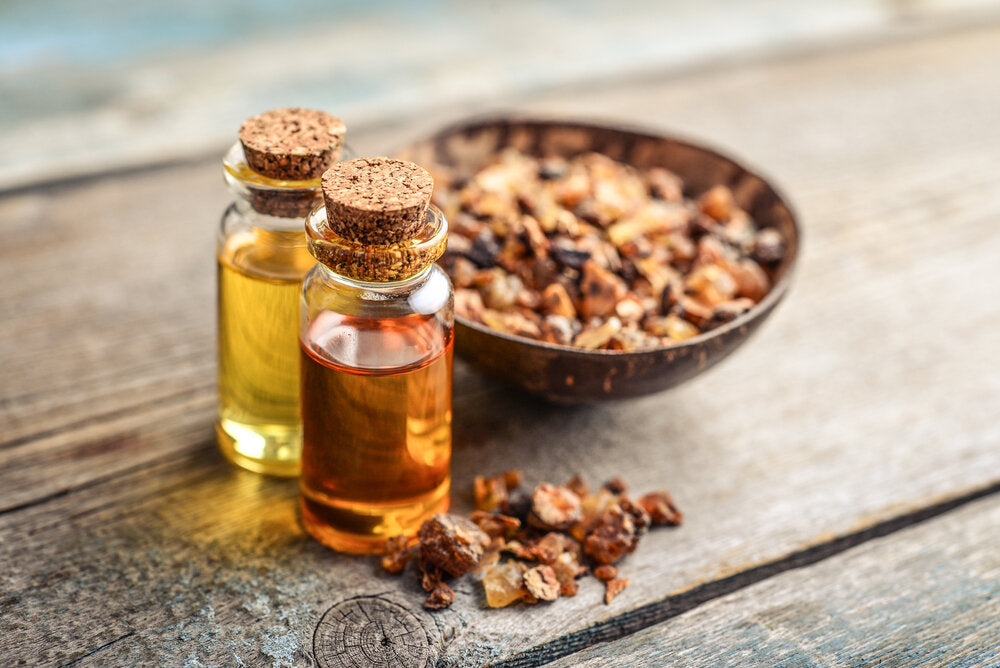
Synthetic or natural perfumes?
There are many misconceptions about perfume, and it is sometimes difficult to know what is true and what is not. Here you will find the answers to the questions you have always asked yourself about perfume!
Are synthetic raw materials more dangerous than the natural ones?
Nowadays, synthetic notes represent more than 80% of perfumes because they allow perfumers to be more creative and innovative. Moreover, they are often more economical and ecological than natural raw materials.
it is easy to think that chemical means toxic, but actually, as opposed to natural raw materials that are often naturally irritating or allergen, synthetic products are developed in laboratories for years before they are launched on the market.
Furthermore, numerous associations are in charge of ensuring the safe use of both natural and synthetic raw materials.
Should I go for a 100 % natural perfume?
These days, most perfumes are made of a mix of both natural and synthetic notes. Natural raw materials have a rich and complex scent, which gives depth and realness to compositions. Synthetic notes allow the perfumer to work differently on natural raw materials, to reshape them, to emphasize a particular facet, to create a scent that does not exist in nature, and even to create an imitation of a natural note. They also have the ability to create certain “effects” such as powdery, gourmand, or even salty effects.
Thus, a perfume that is entirely natural will lack originality, while a perfume that is entirely synthetic will lack depth and charm. The ideal perfume is one that combines natural and synthetic notes in a balanced and original way!




Leave a comment
This site is protected by hCaptcha and the hCaptcha Privacy Policy and Terms of Service apply.